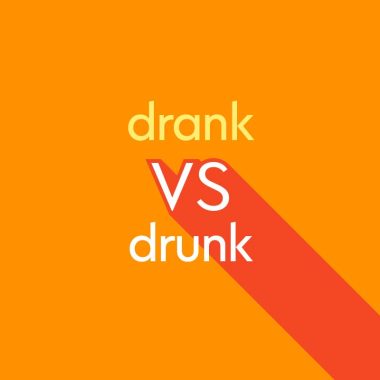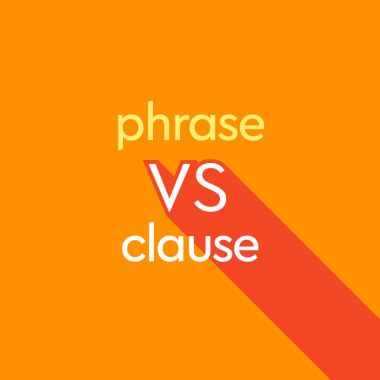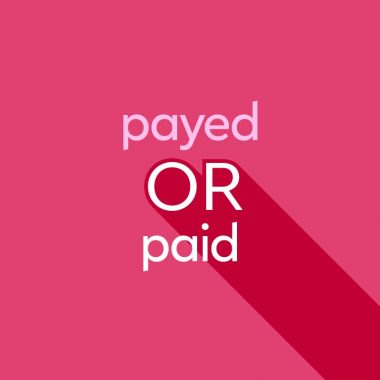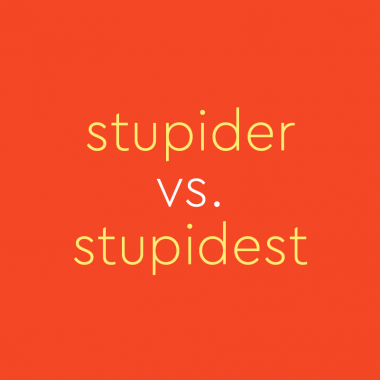Drink, Drank, Drunk: When To Use Drank vs. Drunk
Drink, drank, drunk. That’s easy enough to remember. But what’s the difference, and how should they each be used in a sentence? In this article, we will explain why drink is an irregular verb, show how and when to correctly use the words drank and drunk, and provide examples of all three words being properly used in sentences. Drank and drunk are forms of the …











